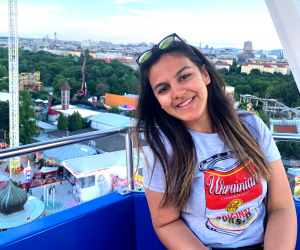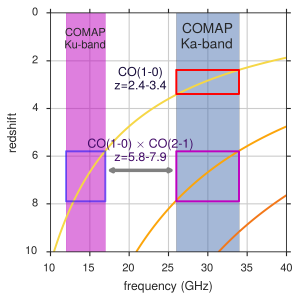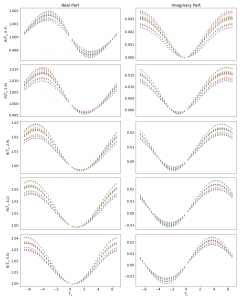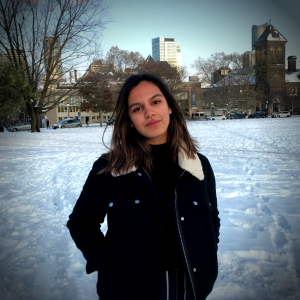Ishika is originally from New Delhi, India. She’s heading into her third year at U of T, specializing in Astronomy and Physics.
What made you decide to participate in SURP?
I wanted to participate in SURP to explore what research in astrophysics looks like. In particular, I wanted to use this opportunity to see how coding is like in the context of research. I was also keen to involve myself in U of T’s astronomy community by meeting various students and supervisors.
What is your favourite thing about SURP?
My favourite thing about SURP are the professional development sessions, which target diverse topics ranging from scientific outreach to mental health & wellbeing to careers in astronomy. I also appreciate that I am constantly learning new things in this program—whether it be from my own research or those of other students, from the astro101 lectures or the professional development sessions—there’s always something new each week!
Can you tell us about your research project?
My research project is about line intensity mapping (LIM) cross-correlations. A challenge in LIM experiments is obtaining the desired signal from foreground emission. One such experiment is the CO Mapping Array Project (COMAP) that aims to probe the epoch of galaxy assembly and reionization. It includes two frequency bands that are sensitive to different CO lines. In my project, I want to find a way to pull out the dimmer CO lines at redshift 7 from underneath the brighter one at redshift 3. For this, I use a statistic called the Conditional Voxel Intensity Distribution (CVID) which is able to reject the foreground by defining an unbiased estimator that only depends on the signal.
Can you explain how SURP has perhaps been different from your undergrad work?
SURP has definitely pushed me to build my independent working skills whereas my undergrad work involves a lot of collaborative work (e.g. group projects and assignments). I appreciate the flexibility my supervisor offers—I find it makes me more productive and work intuitively rather than be stressed about meeting strict deadlines, as if often the case for my undergrad work. Finally, it feels exciting to be working on something that’s an active area of research.
What are your plans for the future?
Currently, I plan to go to graduate school to further pursue my studies in physics and astronomy, although I am not sure where.

Courtesy: Ishika Bangari.

Two frequency bands that COMAP will observe. Each band is sensitive to the rotational carbon monoxide lines depicted. Credit: Dongwoo Chung.

This graph shows the CVID estimator plotted for 12 different maps that use carbon monoxide signal simulations. Credit: Ishika Bangari.


